Fleeing Pandemic, Many Venezuelan Migrants Head Home
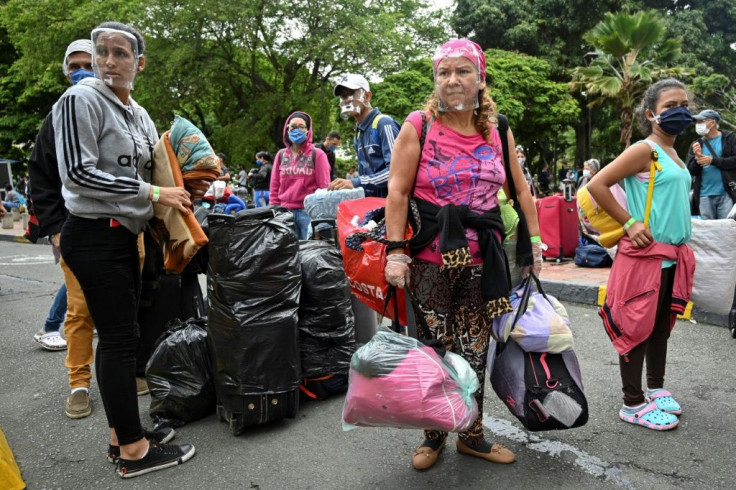
For the second time in less than a year, Jesus Pena is on the run. The first time, he was fleeing poverty in his native Venezuela. Now, he's heading back to his crisis-stricken home to escape the death spread by the novel coronavirus.
"We want to go back so we don't die," the 49-year-old explained during a stop in Cali, Colombia. He arrived after 12 days of traveling, mostly on foot, from neighboring Ecuador -- one of the Latin American countries worst hit by the pandemic.
The blisters dotting his feet are the least of his worries. He is relieved because he, his wife, their son and his sister-in-law will soon board a bus chartered by the city to ferry Venezuelan migrants the 595 miles (957 kilometers) to the border.
Dozens of others wait along with them. They fled Ecuador and other countries in the region, carefully sneaking through closed borders or taking advantage of opened humanitarian corridors. Many attempted to rebuild their lives in Colombia but have since given up.
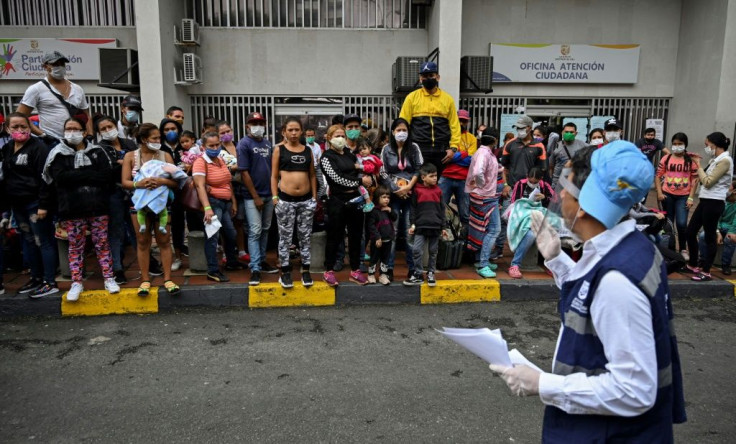
They decided to go home after finding themselves without jobs or income during government-imposed COVID-19 lockdowns -- or out of fear of epidemic-fueled xenophobia.
Pena lived only nine months in Loja, in the south of Ecuador. But he quickly grew afraid: "People are dying, no one pays attention or wears a mask, everyone is out in the streets."
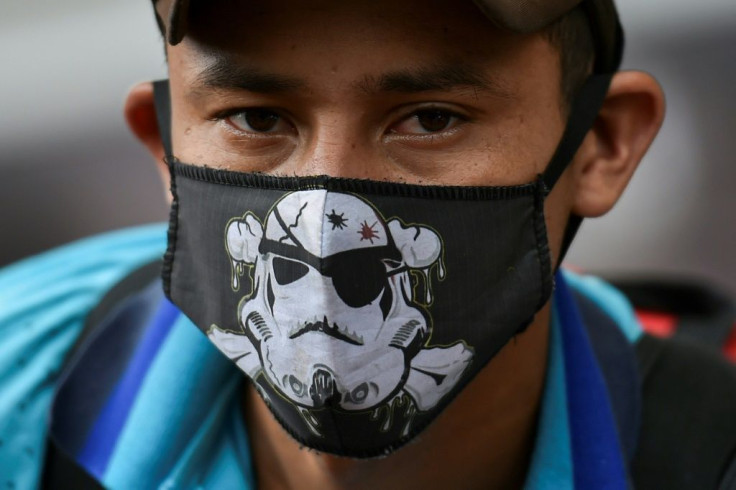
He also worried about what would happen if he or one of his family members fell ill. At the hospital, "they would never move an Ecuadoran to make room for a Venezuelan," he said.
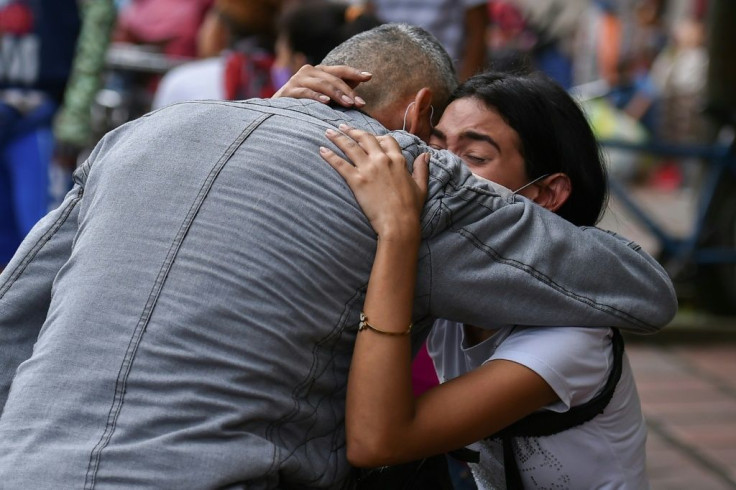
"It's better to go back to our country," he added.
More than 35,000 Venezuelans have already crossed the region, coming from Colombia and elsewhere, according to Felipe Munoz, an official at the border between the two countries.

Colombia is home to about 1.8 million of the 4.9 million Venezuelan migrants who fled their country in recent as the former oil power's economy crumbled.
Bogota, which like the US does not recognize Nicolas Maduro as Venezuela's president, has appealed for international aid to manage a migrant crisis made more acute by the pandemic's attendant health and economic emergencies.
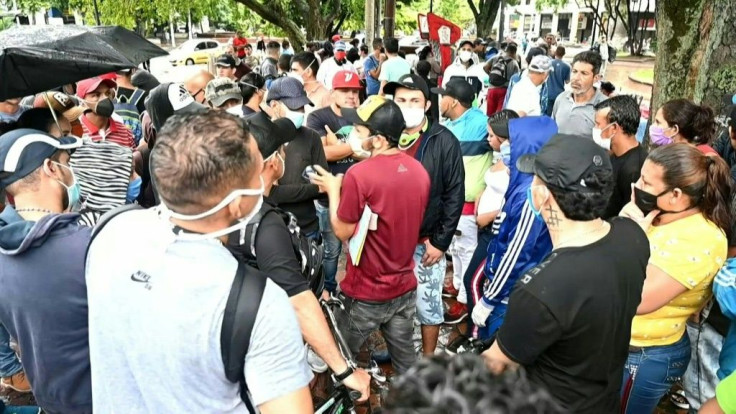
Colombia has recorded more than 3,700 cases of the coronavirus, versus some 250 reported in Venezuela. Ecuador, at 10,000 cases, is the region's worst-hit country after Brazil.
Pena is aware that the low number of Venezuelan cases has been doubted by Maduro's opposition and he is bracing himself for the worst.
"There's no food, no water nor gas. But what can we do?" he said.
Colombia said the migrants are leaving of their own accord and is checking their temperatures as they leave.
Luis Plazas, 24, considers himself one of the lucky ones. The street fruit vendor, his wife and their children -- eight years and eight months old -- were able to board one of the buses going from Cali to Cucuta, a city on the Venezuelan border.
After two years away, one spent in Bogota and the other in Cali, he decided to leave to escape growing hunger. Since the start of the lockdown -- March 20 in the major Colombian cities -- his family has only had one meal a day.
"If an adult only eats once a day, he can handle it. But how do you tell a child that there's nothing. It's really hard!" he told AFP by phone, during his trip.
Plazas found himself in the same boat as 47 percent of Colombia's working population, who work informally and often on the street. The lockdown has left them penniless.
Soon he was unable to pay his rent. "It was getting very difficult, and we had already been thrown out on the street," he said.
The Colombian government has since outlawed evictions during the lockdown, which was extended to the whole country on March 25 until April 26.
At the border, Plazas had to wait several hours for the Venezuelan curfew to lift. He hopes his mother's small business selling arepas (stuffed corn cakes) will at least ward off their hunger.
© Copyright AFP 2024. All rights reserved.




















